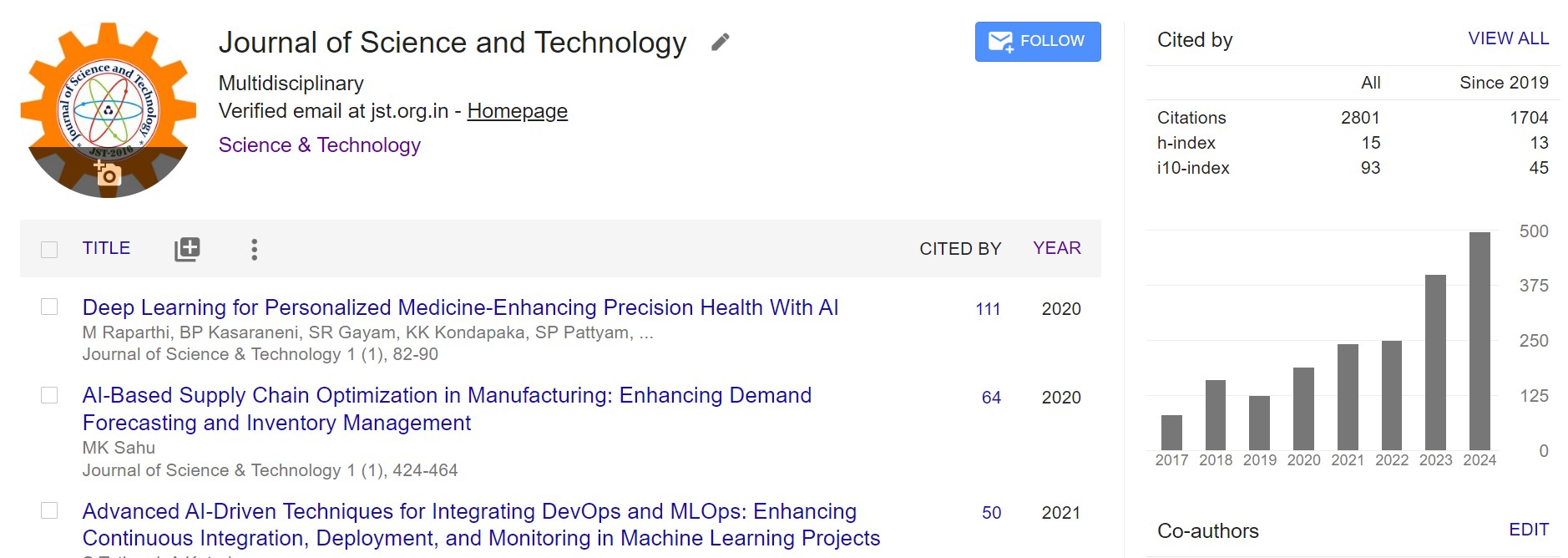Cloud-Enabled Federated Learning with Graph Neural Networks for Privacy-Preserving Financial Fraud Detection
Keywords:
Federated Learning, Graph Neural Networks, Financial Fraud Detection,, Privacy-Preserving AI, Cloud ComputingAbstract
Financial fraud detection remains a critical challenge due to the increasing complexity of fraudulent activities and
stringent data privacy regulations. Traditional fraud detection methods, including machine learning and deep
learning approaches, suffer from limitations such as high false positive rates, data security risks, and scalability
issues. To address these challenges, this paper proposes a Cloud-Enabled Federated Learning (FL) framework
integrated with Graph Neural Networks (GNNs) for privacy-preserving financial fraud detection. The framework
enables collaborative learning across multiple financial institutions while ensuring data confidentiality by
leveraging federated learning. GNNs are employed to model transactional relationships, effectively capturing
complex fraud patterns in a graph-based representation. Additionally, adaptive aggregation mechanisms enhance
communication efficiency in the cloud environment. The proposed framework is evaluated using the Bank
Account Fraud Dataset Suite (NeurIPS 2022), demonstrating superior performance. Experimental results show
that the model achieves 99.0% accuracy, 98.5% precision, 97.2% recall, and 97.8% F1-score, significantly
outperforming existing FL-based (95.5% accuracy) and traditional ML (88.7% accuracy) models. Furthermore,
the AUC-ROC score of 99.1% highlights the model’s robustness in fraud detection. The proposed approach
ensures high detection accuracy, improved scalability, and reduced communication overhead (35MB) while
preserving data privacy. This research establishes a scalable and efficient fraud detection framework, making it a
viable solution for real-world financial applications.






















